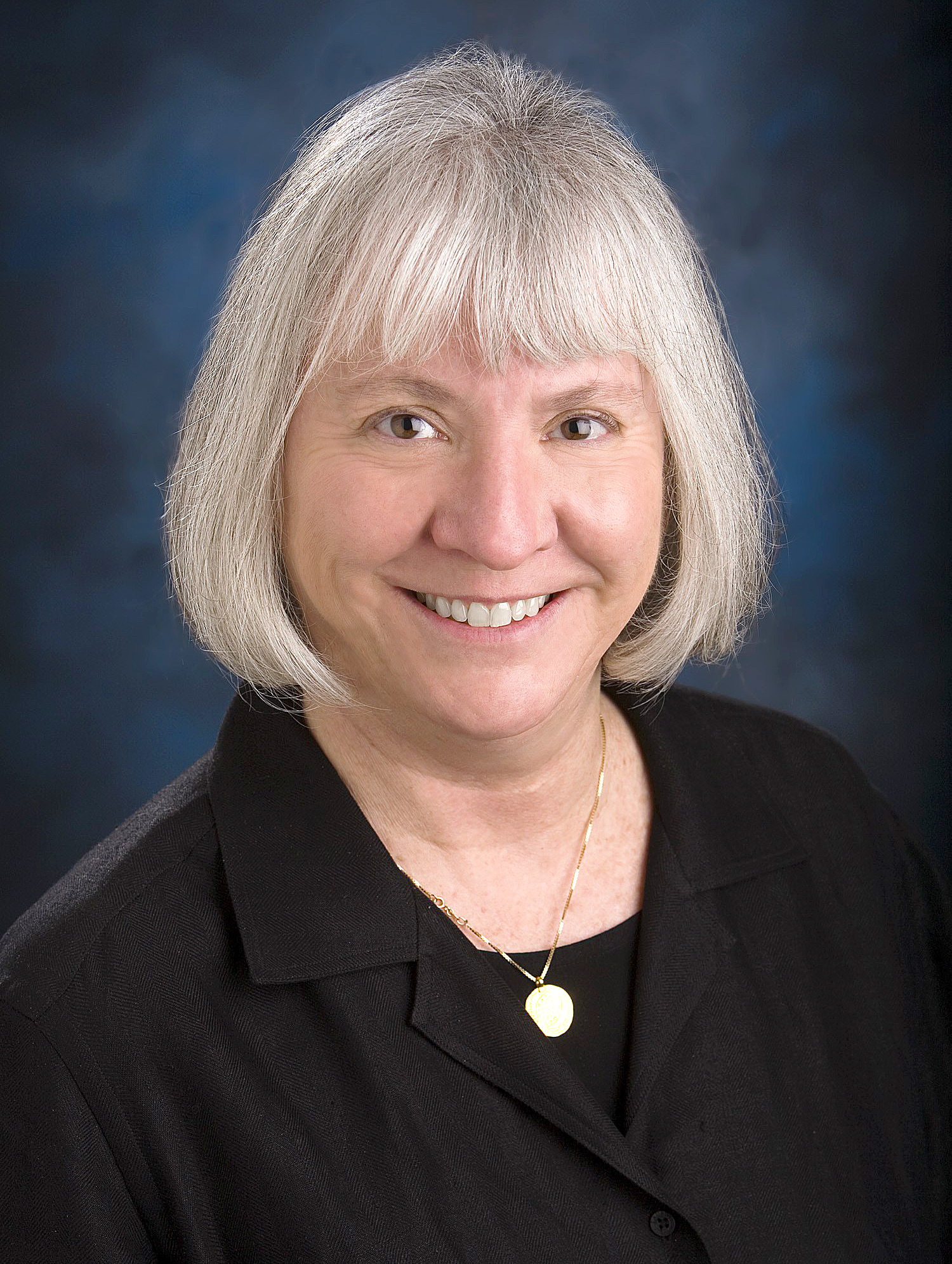Teri Schwartz always held UCLA in her heart ““ up to this day, she still keeps in contact with her dorm mates and has been a lifetime member of the Alumni Association since graduating in 1971.
As the newly elected dean of the UCLA School of Theater, Film and Television she said she is is thrilled to come back to her alma mater.
“The only difference this time is I may have a parking pass,” Schwartz said.
Schwartz said it is an honor to follow in the steps of Dean Robert Rosen, who will be retiring from the position after 11 years.
Rosen is confident in Schwartz’s body of professional and academic experience as executive producer of numerous film projects and as current dean of Loyola Marymount University’s School of Film and Television.
Barbara Boyle, professor and chair of the Department of Film, Television and Digital Media at the School of Theater, Film and Television, describes Schwartz as “efficient, competent and delivered what she promised.”
Boyle worked with Schwartz during their time at New World Pictures, an independent distribution company, from 1973 to 1978. While there, Schwartz helped to produce a series of movies under Roger Corman, who also employed and helped start the careers of industry titans such as Francis Ford Coppola, Martin Scorsese and Peter Bogdanovich.
Boyle also considers Schwartz a valuable asset in expanding the connection for students and graduates. “She will expand the bridge that our students want to cross to the world that awaits them when they graduate,” she said. “She has made so many movies and made so many contacts financially and creatively to the industry that students want to enter.”
It is these industry connections along with Schwartz’s will to reach out and connect with the school’s alumni base, donors and board that will ensure the school’s viability and success.
She also plans to build partnerships between the School of Theater, Film and Television and the Los Angeles community. Seeing Los Angeles as one of the most diverse cities in the world, she plans to develop campus and community initiatives with a global perspective in mind.
“I want to create a world of partnerships in finding unique interdisciplinary activities,” Schwartz said. “It is important that we proactively plug the school into the film and theater communities in Los Angeles.”
Schwartz will be the third dean in the school’s history of a world-renowned curriculum and reels of successful faculty and alumni. She plans to face the challenges that lay ahead, such as budget cuts and rapidly changing technologies, to bring the 21st century into the curriculum and the school’s vast collection of film archives.
“Rather than chasing technology, we will embrace technology,” Schwartz said.
She explains that grounding the curriculum in storytelling and understanding new platforms of delivery and distribution will be her initiative to combat these changing times in the industry.
“Humanistic storytelling is the centerpiece for my life’s work,” Schwartz said. “I am interested in the transformational power of stories grounded in humanism, innovation and diversity. … I see diversity as a beautiful reservoir in which the stories and new storytellers are going to emerge to shape our world in unique and powerful ways.”
Boyle said she believes the biggest challenge Schwartz will face will be that of finance.
“How can we not everyday be bombarded by the terrible shape we are in? The biggest challenge is how to continue the quality of this school where you have two departments rooted within the best in the world and an archive that spans only next to the Library of Congress,” she said.
However, Schwartz welcomes the challenge and sees a glass half full of opportunity.
“With the budget cuts, you need to be resourceful and imaginative, solution based, the glass half full of promise and possibility,” Schwartz said. “In crisis come new ideas. We have a good game plan in being resourceful and imaginative without hindering academics.”
Schwartz said there are three reasons why being dean of the school is important to her: She continues to hold a fond connection to UCLA; professionally, she is excited to bring innovative ideas and imagination to the school and most importantly; she wants to expand her philosophy of humanistic storytelling to all.
“It’s the timeless classic universal language that binds us altogether as humankind,” Schwartz said.
